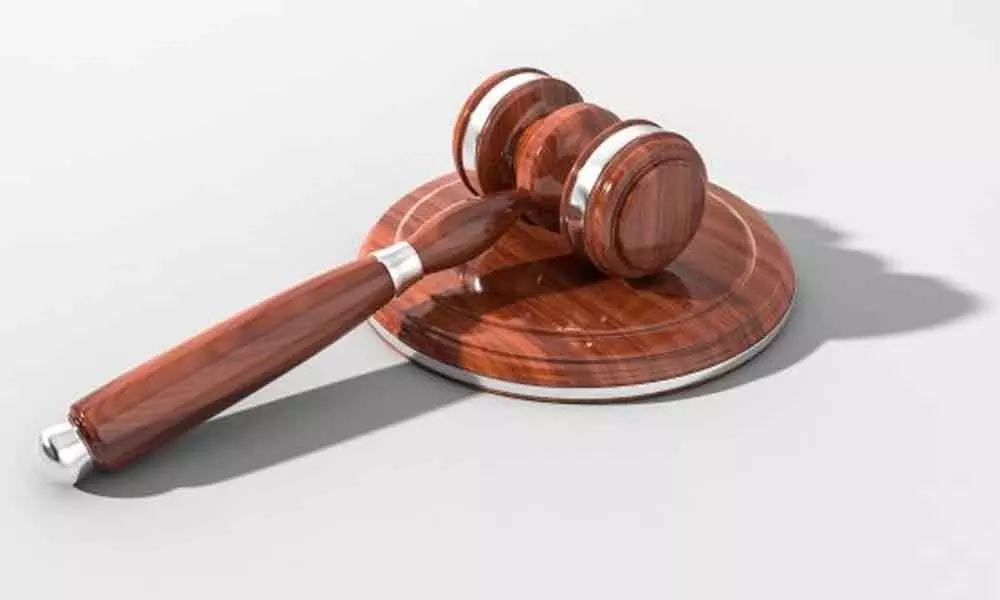Understanding Tenant Rights: What Every Renter Should Know

Renting a property can be a convenient and flexible housing option, but it’s important for tenants to understand their rights to ensure a fair and safe living environment. Tenant rights are designed to protect renters from unfair practices and to provide legal recourse if issues arise. This article provides a comprehensive overview of tenant rights, highlighting key aspects that every renter should know.
The Right to a Safe and Habitable Living Environment
Landlord Responsibilities
One of the fundamental rights of tenants is the right to live in a safe and habitable environment. Landlords are legally obligated to maintain the property in a condition that meets basic health and safety standards. This includes ensuring that the property has functioning plumbing, heating, and electrical systems, as well as being free from significant structural issues, pests, and mold. If a landlord fails to make necessary repairs, tenants may have the right to withhold rent, make the repairs themselves and deduct the cost from the rent, or even terminate the lease.
Health and Safety Regulations
Landlords must also comply with local health and safety regulations, which may include regular inspections, providing smoke detectors, and ensuring the property meets fire safety codes. Tenants should be aware of these standards and report any violations to their landlord or local housing authority.
The Right to Privacy
Entry and Access Rules
Tenants have the right to privacy in their rented homes. While landlords do have the right to enter the property for specific reasons, such as making repairs, conducting inspections, or showing the property to prospective tenants, they must provide proper notice. Typically, this notice period is 24 to 48 hours, depending on local laws. Unauthorized entry by a landlord may be considered a violation of tenant rights and can result in legal action.
Limits on Landlord Access
Landlords are generally not allowed to enter the property without notice unless there is an emergency, such as a fire or flood, that requires immediate attention. Tenants should be aware of the entry rules outlined in their lease agreement and local laws to protect their right to privacy.
The Right to Fair Treatment

Anti-Discrimination Laws
Tenants are protected from discrimination under federal, state, and local laws. The Fair Housing Act prohibits landlords from discriminating against tenants based on race, color, national origin, religion, sex, familial status, or disability. Some states and cities have additional protections that may cover factors such as sexual orientation, gender identity, and source of income. If a tenant believes they have been discriminated against, they can file a complaint with the U.S. Department of Housing and Urban Development (HUD) or a local fair housing agency.
Retaliation Protections
Tenants also have the right to be free from retaliation by their landlord. If a tenant exercises their legal rights, such as filing a complaint about unsafe conditions or joining a tenants’ union, the landlord cannot retaliate by raising the rent, evicting the tenant, or reducing services. Retaliatory actions are illegal, and tenants can take legal action if they experience such behavior.
The Right to Be Informed
Transparent Lease Agreements
Tenants have the right to be fully informed about the terms and conditions of their lease agreement. This includes understanding rent payment schedules, the duration of the lease, and any rules or restrictions related to the property. Tenants should carefully review the lease before signing and ask questions if any terms are unclear. A written lease agreement provides a clear record of the tenant’s and landlord’s obligations, which can be crucial in resolving disputes.
Disclosure of Information
Landlords are required to disclose certain information to tenants, such as the presence of lead-based paint in older properties or any known environmental hazards. Tenants should be aware of their rights to receive these disclosures and seek legal advice if they believe important information has been withheld.
The Right to Legal Recourse
Handling Disputes
If a dispute arises between a tenant and landlord, tenants have the right to seek legal recourse. This can include filing a complaint with a local housing authority, pursuing mediation, or taking the matter to small claims court. Understanding the legal resources available can help tenants protect their rights and resolve issues effectively.
Seeking Legal Assistance
In some cases, tenants may need to seek legal assistance from a tenant rights organization or attorney. Legal aid services are available in many communities to help low-income tenants with housing-related issues. Knowing where to turn for help can be critical in protecting tenant rights.
Conclusion
Understanding tenant rights is essential for anyone renting a property. From the right to a safe and habitable living environment to protections against discrimination and retaliation, tenants have numerous rights designed to ensure fair treatment. By being informed and proactive, renters can better navigate their housing situations and address any issues that may arise.




